Safer baby food
Safer baby food
The experts compare the benefits and dangers of store-bought baby food versus homemade.
Homemade vs. store-bought baby food: Which is safer?
The answer might surprise you.
Consumer Reports digs deep into a new report to help parents feed their kids the healthiest and safest foods possible.
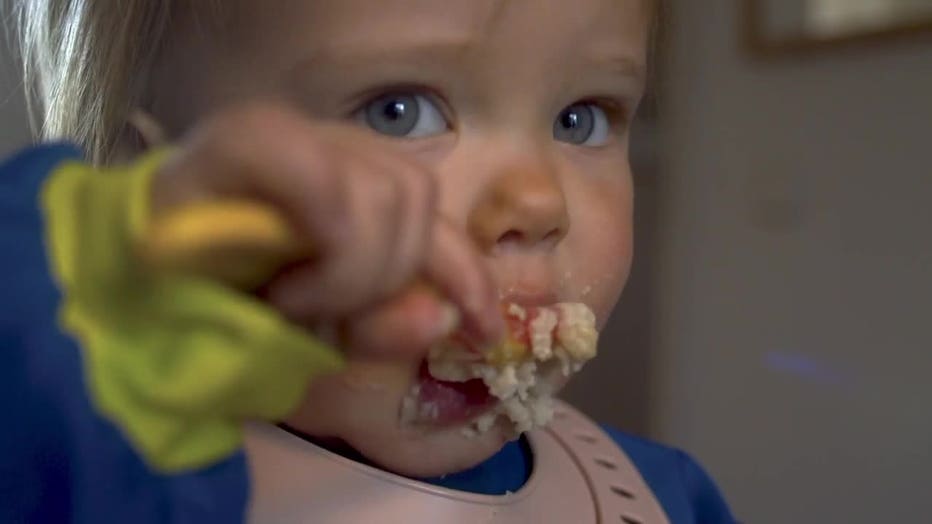
According to the report, from Healthy Babies Bright Futures, homemade baby food might pose the same problems as store-bought.
When it comes to detectable levels of heavy metals, the report finds that homemade baby food is not safer than store-bought.
Those heavy metals include lead, arsenic, cadmium, and mercury.
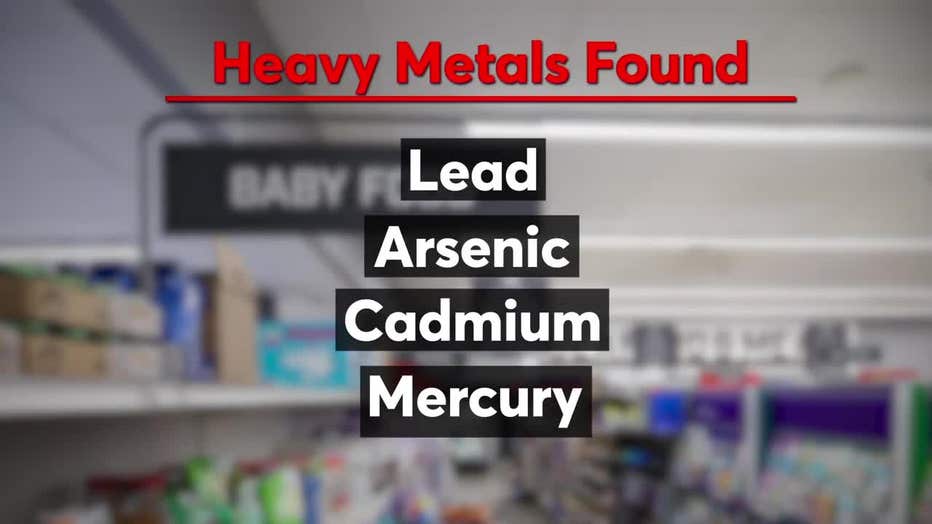
The biggest offender is foods made from rice, such as rice puffs and rice cereals.
While heavy metals naturally exist in the environment, most metals in food come from farming practices or industrial pollution.
And certain ingredients—like rice and spinach—are more likely to absorb certain metals.
Exposure to heavy metals in children has been linked to behavioral issues, lowered IQs, and attention deficit hyperactivity disorder.
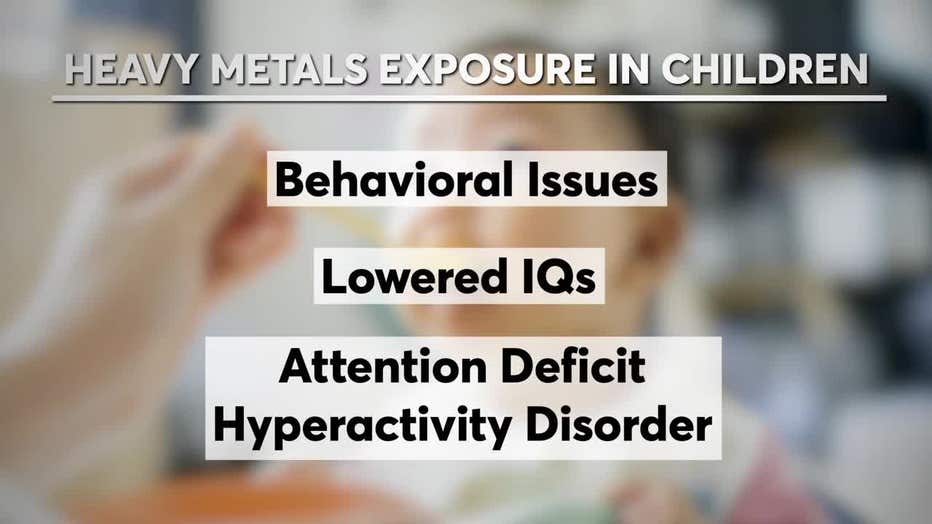
The Food and Drug Administration has announced plans to set limits on metals in certain foods.
But until that takes effect, there are ways for parents to keep their children’s food safe.
Make sure your kids eat a healthy variety of foods, including fruits and vegetables, such as broccoli and sweet potatoes.
Focus on meals made with foods that tend to have lower levels of heavy metals, such as bananas, oranges, eggs, and meats.
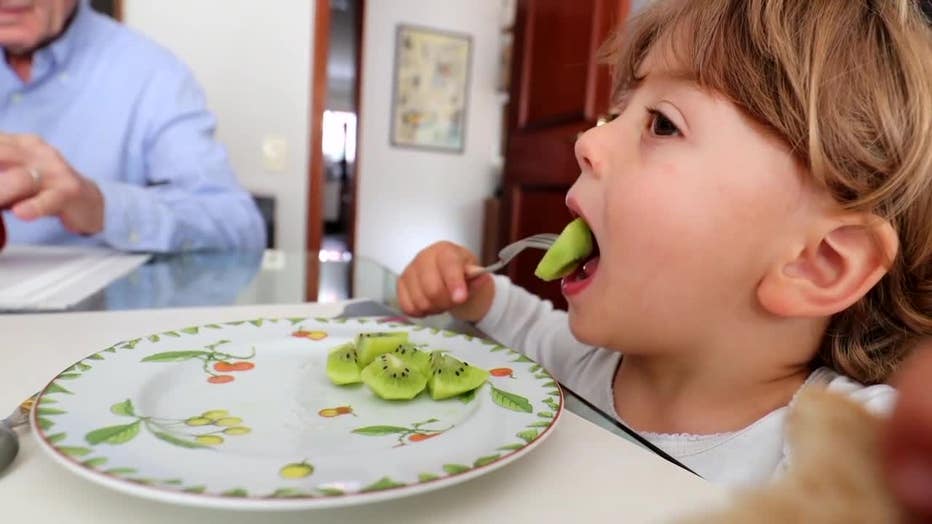
In addition, eat fresh or frozen fruits instead of canned. Replace infant rice cereal with infant oatmeal.
Peel sweet potatoes and carrots to reduce heavy metal levels. And offer tap water instead of fruit juices.
And if you’re used to giving your kids rice puffs as a snack, CR recommends offering your kids applesauce, fruit, yogurt, or cheese instead.
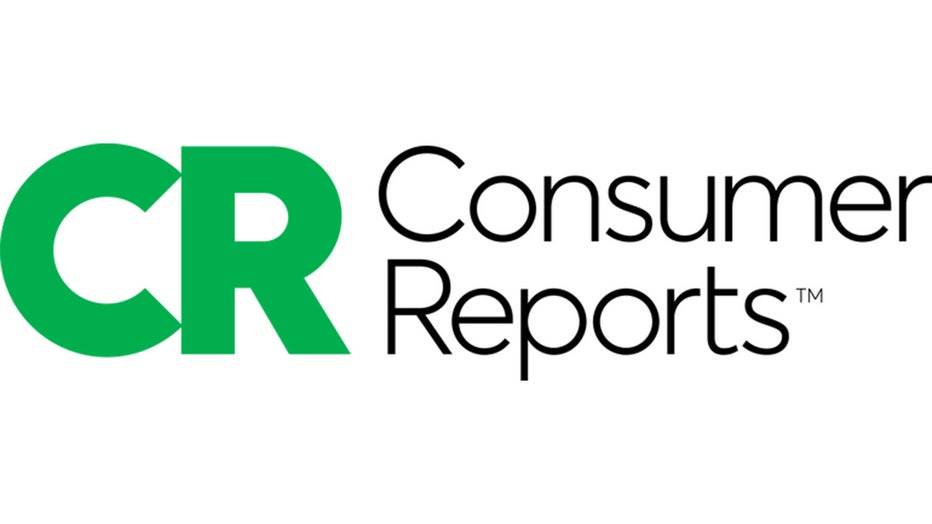
All Consumer Reports material Copyright 2022 Consumer Reports, Inc. ALL RIGHTS RESERVED. Consumer Reports is a not-for-profit organization which accepts no advertising. It has no commercial relationship with any advertiser or sponsor on this site. Fo

